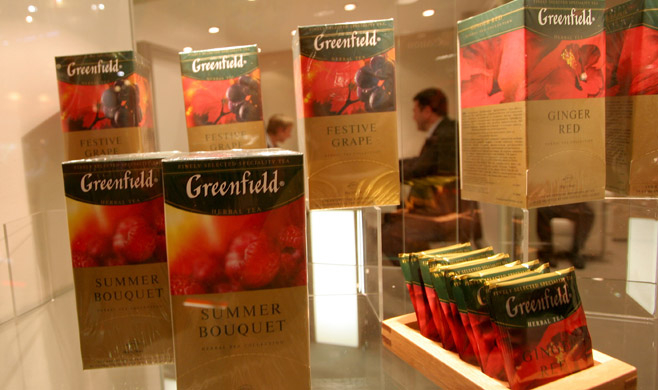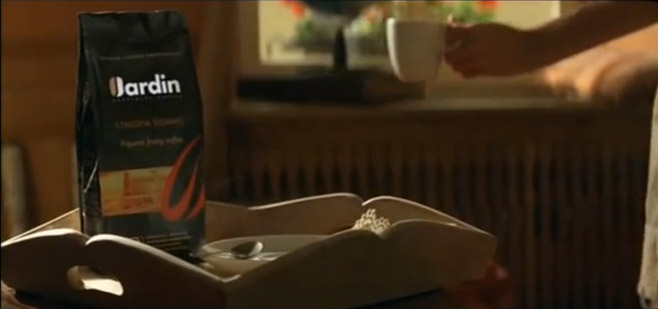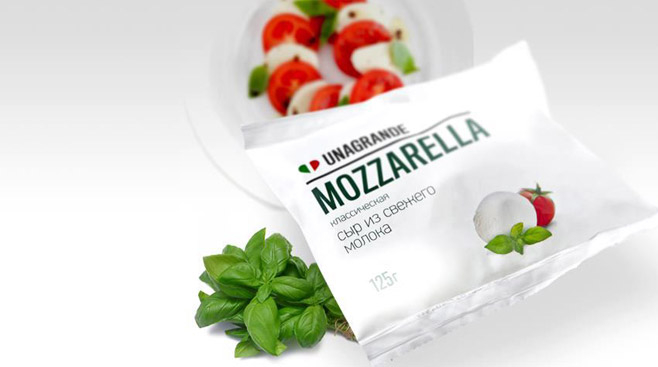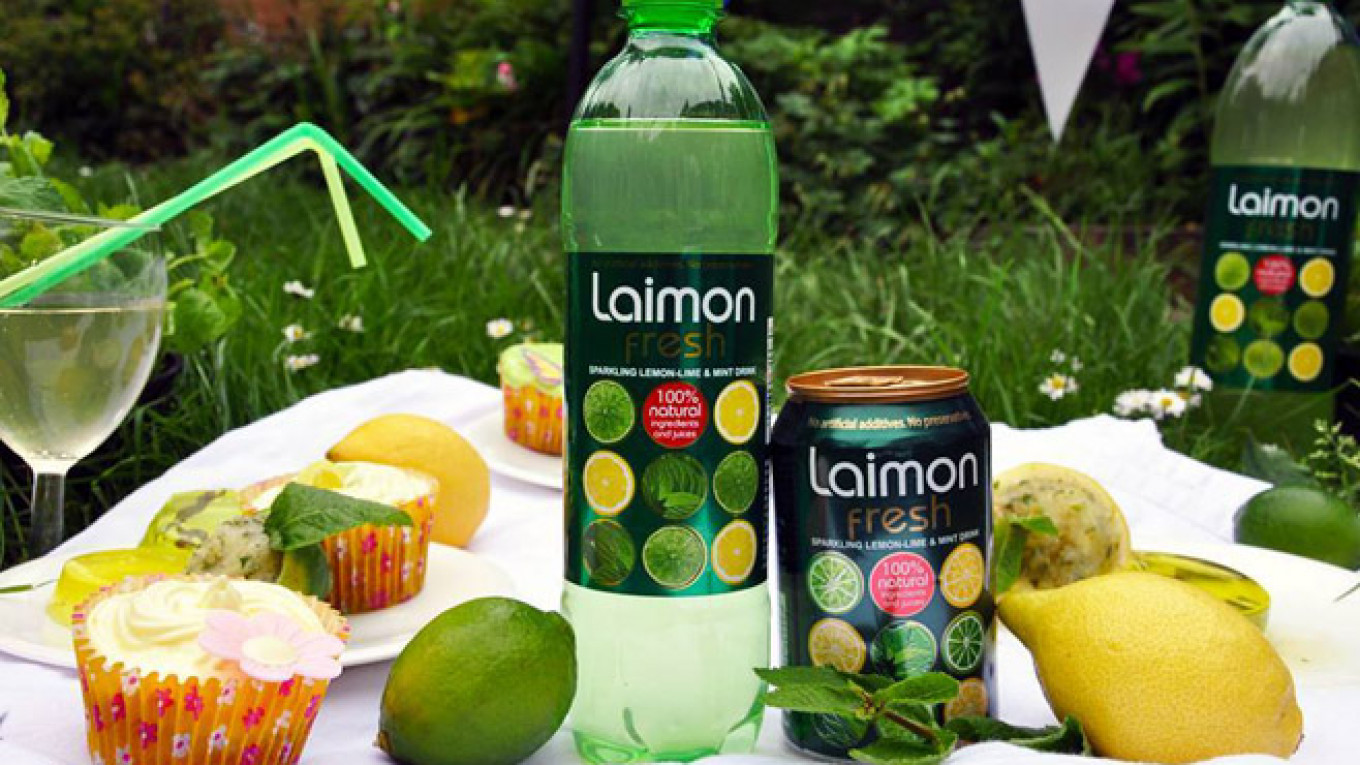When Russia banned whole categories of food imports from Western countries last week in retaliation to their sanctions, many feared that consumer choice would be destroyed as hundreds of products disappeared from supermarket shelves.
But these fears may be misplaced. On closer inspection, many convincingly European-looking brands are Russian through-and-through. Their masquerade is a sales tool: to be Italian or English is a signifier of quality, while Russian manufacturers are linked with bad ingredients and dodgy production standards.
Only a few months ago, one of Russia's biggest supermarkets stopped selling cheese made at a Siberian dairy factory where staff members photographed themselves swimming in one of its milk vats during a New Year's party.
The Moscow Times picked some of the most convincing of Russia's "European" brands.
Laimon Fresh
Lemon and lime flavored soft drink Laimon Fresh has been hugely successful since its launch three years ago, and boasts of being one of Russia's top five fizzy drinks. It claims to be produced in Russia's Tver region under a license issued by Swiss company Green Me, founded in 1993. But according to an investigation conducted by the Russian version of Forbes magazine in December, Switzerland has no such drink, and company was set up by Russians. Since its introduction in Russia, Laimon Fresh first spread to former Soviet countries, and in 2013 to Britain and Spain.
Greenfield Tea

Tea company Greenfield was officially registered in 2003 in Britain by St. Petersburg-based tea producer Orimi Trade. The company's website even has a British ".co.uk" domain, but the tea itself is not sold in Western Europe. It is made by Russians for Russians.
Jardin Coffee

Jardin coffee is also owned by Orimi Trade, but the brand claims it represents a Swiss-registered company, Jardin Cafe Solutin S.A. However, the coffee is not sold in Switzerland, and the company's English-language website does not work.
Unagrande Cheese

Umalat produces several kinds of Italian and Caucasian soft cheeses. The Italian cheeses are produced under the Unagrande brand, and the packaging is artfully made to look authentically Italian. According to Umalat's CEO, Alexei Martynenko, "except for vodka, the brand 'Made in Russia' is less popular in Russia than anywhere else in the world."
A Message from The Moscow Times:
Dear readers,
We are facing unprecedented challenges. Russia's Prosecutor General's Office has designated The Moscow Times as an "undesirable" organization, criminalizing our work and putting our staff at risk of prosecution. This follows our earlier unjust labeling as a "foreign agent."
These actions are direct attempts to silence independent journalism in Russia. The authorities claim our work "discredits the decisions of the Russian leadership." We see things differently: we strive to provide accurate, unbiased reporting on Russia.
We, the journalists of The Moscow Times, refuse to be silenced. But to continue our work, we need your help.
Your support, no matter how small, makes a world of difference. If you can, please support us monthly starting from just $2. It's quick to set up, and every contribution makes a significant impact.
By supporting The Moscow Times, you're defending open, independent journalism in the face of repression. Thank you for standing with us.
Remind me later.






